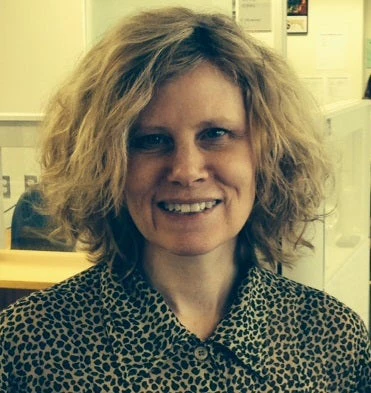In a speech just ahead of Annual Meetings, World Bank Group President Jim Yong Kim said there must be a new push to bring enough financing, innovation, and creativity to tackle the world’s many challenges – and the World Bank Group has a vital role to play.
Despite rapid reductions in extreme poverty and improvements in the incomes of the bottom 40 percent of the population, progress is “still far too slow” and inequality is still too high, said Kim.
“We have to make growth much more equitable,” said Kim at the Brookings Institution, a think tank in Washington.
He referred to a new World Bank report finding that income inequality has decreased between people and nations, but “still constrains growth and breeds instability.”
The world is facing low growth, technological change, and threats posed by climate change. By 2030, almost half of the world’s poor will live in countries affected by fragility and conflict, and emerging markets and low-income countries face an annual infrastructure financing gap of up to $1.5 trillion, said Kim.
“We have to face up to the fact that we are not reaching the scale required to make the kind of impact on growth that’s needed in developing countries,” Kim said at the packed event.
“These are no ordinary times. So ordinary measures will not work.”
Kim described a plan for accelerating development by mobilizing more private investment for emerging markets and the poorest countries, particularly for infrastructure. The Bank Group will more aggressively work to reduce risk for investors so more financing will flow into countries and projects that many investors would not have considered otherwise, said Kim. He added that this new approach would entail increased vigilance to ensure “privatization does not equal exclusion of the poor and marginalized.”
“Without more capital, we’ll have difficulty convincing countries to increase their investments in people at the scale we think is necessary to build a workforce that can be competitive in the economy of the future,” he said.
Complicating prospects for economic growth, he said technology and mechanization could disrupt the traditional path to prosperity for developing countries—from productive agriculture to light manufacturing and then to large scale industrialization. Automation could threaten up to an estimated 69 percent of jobs in India, 77 percent in China, and 85 percent in Ethiopia, according to research based on World Bank data.
“It is hard to overstate the urgency of making more and more effective investment in people. I believe it will determine the very future of nation states,” said Kim.
Failing to invest in health, education and skills could leave a large number of people unable to compete in the job market – a problem that could “sow the seeds of future crises,” he added.
Kim said the Bank Group must also play a bigger role in fostering resilience to some of the world biggest risks, such as the refugee crisis, climate change, and pandemics – among other things, by bringing “innovative financial tools that the wealthy use every day that can reduce the likelihood of disasters happening in the first place.”


Join the Conversation